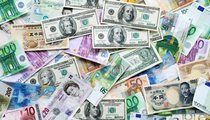Consequences of the 100,000 USD fee for H-1B visas - India, the country most affected by Trump's decision. Companies seek relief
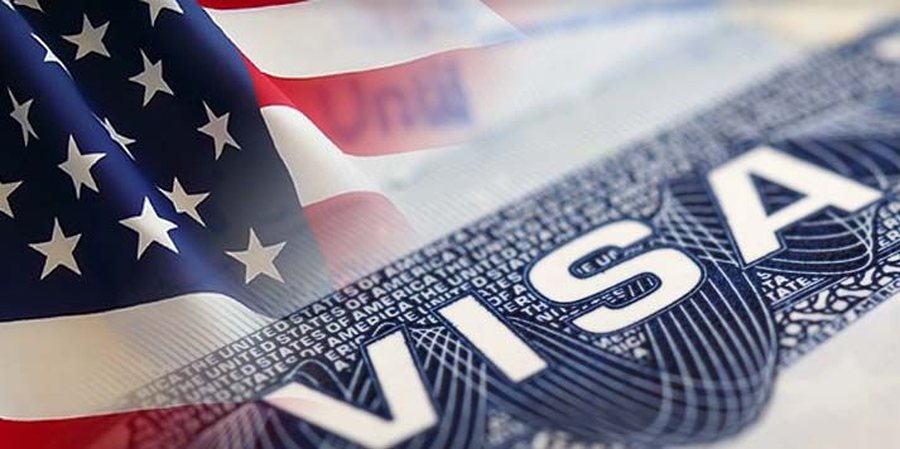
“If you graduate from college, I think you should automatically get a green card as part of your degree, which means permanent residency in the United States,” Donald Trump promised during his election campaign last year. But as president, on September 19, Trump took a completely different tack. He proposed a $100,000 fee for new H-1B visa applications, a practice favored by technology companies that hire foreign graduates. Each year, 85,000 visas are issued through a lottery, and demand far exceeds that figure. Until now, the cost of securing such a visa has been about $2,500 in legal and registration fees.
Big tech firms dominate this visa category. Amazon alone received more than 14,000 approvals in 2025, while visa renewals do not count toward the 85,000 quota. Indian IT services giants such as Infosys, Wipro and Tata Consultancy Services also regularly rank among the top sponsors. Indian citizens receive the majority of visas, about three-quarters of them, according to 2023 figures. Apart from China, which accounts for about 12%, no other country provides more than 2%. Many of Trump's supporters complain that jobs that could be given to talented Americans are going to Indian graduates.
However, a few days later, on September 23, the White House released a proposal that would reform the H-1B visa selection process to favor higher-skilled, higher-paid workers. The new process, if finalized, would give greater weight to applications from employers that pay higher wages if the annual demand for visas exceeds the 85,000 application limit, the announcement said. The move is intended to further protect American workers from unfair wage competition from foreign workers.
The entire process could take months or even years to complete. The announcement suggests the new rules could take effect for the 2026 lottery, which means before the registration period that begins in March. Total wages paid to H-1B workers were expected to rise to $502 million in fiscal year 2026, which begins Oct. 1, according to estimates by the U.S. Department of Homeland Security.
Following the announcement, many US tech giants tried to advise H-1B workers not to leave the country until the rules are clarified, and it remains uncertain whether exemptions will be made for some groups. The announcement, however, has been felt most keenly in India. In August, Trump imposed a 50% tariff on Indian goods, sparing only essential items such as electronics and pharmaceuticals. Now he has hit the country’s most successful sector. According to Goldman Sachs, services exports grew from $53 billion to $338 billion between 2005 and 2023, almost double the global rate. That growth was fueled by a boom in India’s engineering population, particularly in computer science. IT firms relied on sending engineers to America under the H-1B program to serve clients, a cornerstone of their business model. For decades, H-1B visas offered Indian techies a path to higher-paying jobs in America. That path now looks much less certain.
For Indian IT firms, which employ more than 5 million people, visa fees are a headache. The rise of artificial intelligence has already rattled the industry. Generative AI tools threaten to reduce demand for some of their core jobs. Gartner, a research firm, estimates that by 2029, more than half of user interactions related to enterprise processes, which account for significant revenue for businesses, will be automated by AI. Some companies have already started cutting staff. In July, Tata Consultancy Services announced plans to cut 12,000 employees, about 2% of its workforce, citing a “skills mismatch.”
Still, the industry is in a better position to adapt than in the past. In Trump’s first term, visa review was tightened and rejection rates for Indian IT firms more than quadrupled. Many responded by reducing their reliance on visas, moving more work overseas and hiring more locals. Only about 8% of Infosys’s staff are now based in America. Since 2018, more than 90% of new hires have been domestic. Investors also seemed relaxed: the NIFTY IT index, a benchmark for major services firms, fell just 3% on Sept. 22, the first trading session on the exchanges after the announcement.
Even tech workers in India have options beyond the big firms. “Global skills centers,” set up by multinationals to move everything from data analytics to research and development offshore, have become a pillar of India’s services sector. Eli Lilly, a U.S. drugmaker, and Rolls-Royce, a British engine maker, are among the companies that rely on these centers for increasingly complex work. According to NASSCOM, an industry body, the number of “global skills centers” has grown from 700 in 2010 to more than 1,700 last year. Together, they generate $64 billion in revenue and employ 1.9 million people.
The new $100,000 visa fee could accelerate the move by multinational companies to expand operations in India. However, smaller startups may find it harder to hire staff. According to one study, firms that relied heavily on H-1B visas increased their overseas hiring by about a quarter compared to those that relied less on them. Research and development-intensive jobs were among the first to move, and the main beneficiaries were Canada, China and India.
However, both the tariff and the proposal to reformat the lottery process are likely to face challenges in court. A growing number of people, both on the left and right, say that the overreliance on visas by American firms has put U.S.-born workers at a disadvantage. Commerce Secretary Howard Lutnick has called the H-1B visa program a “scam,” while the left-leaning Economic Policy Institute has argued that some of the companies that rely most heavily on H-1B visas, such as Amazon and Facebook parent Meta, have also seen significant job cuts, though it did not cite evidence that they are related to the visas.
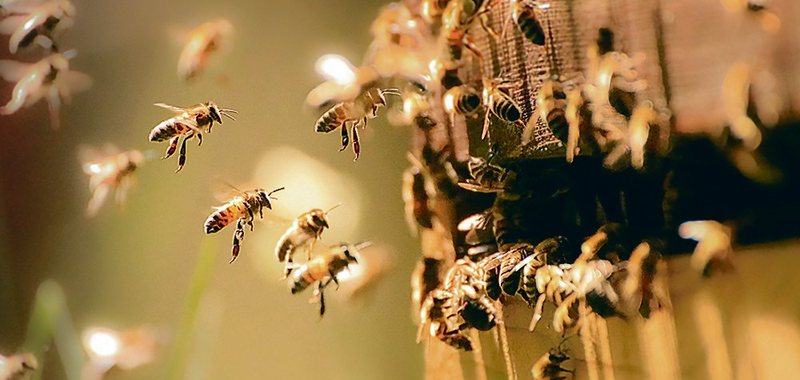
"Superfood" for bees discovered - Increases birth rate, expected to end alarming population decline
A study led by the University of Oxford has developed a modified food supplement that could help prevent the alarming decline in bee populations around the......
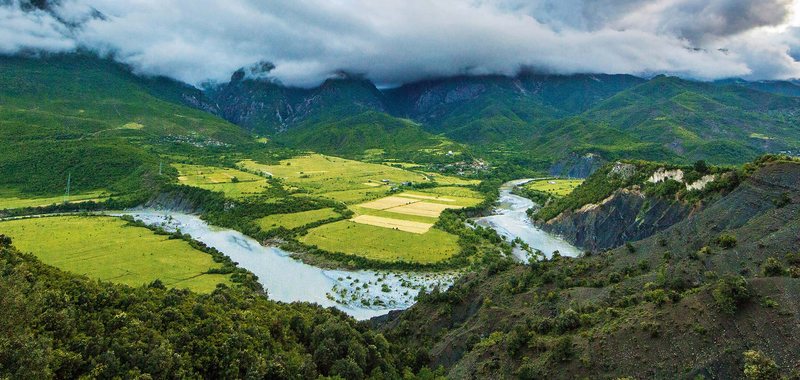
Rama: Vjosa, officially part of the UNESCO World Heritage List!
Prime Minister Edi Rama today published the decision announced during the World Congress on Biosphere Reserves in China, where the Vjosa River was officially......

"Save money for times of crisis" - ECB: Families should keep cash at home for emergencies
The European Central Bank (ECB) has stressed the importance of cash as a tool for national crisis preparedness, urging households to keep cash at home for......

Switzerland, the second richest country in the world - With a per capita income of around 270,000 euros, it ranks behind the USA
The global population grew richer in 2024, while Switzerland remained the second richest country in the world in terms of net wealth per capita. According to......
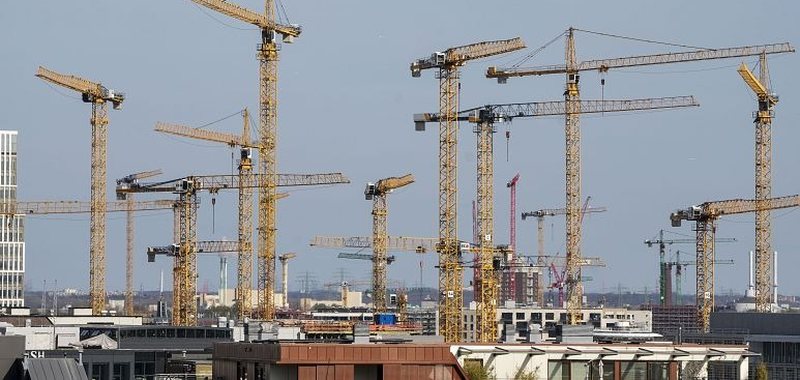
Constructions with public funds under "magnifying glass" - Muçaj: Be exemplary entities, they will be penalized for development permits
The State Labor Inspectorate has focused on the construction sector, launching an in-depth inspection campaign in all projects financed with public funds.......

Around 112 thousand new insurance contracts in 2025 - AFSA: The insurance market also increases its performance in premiums collected
Although at a slow pace or with occasional fluctuations, a greater insurance culture is being cultivated among Albanians from year to year. This is......
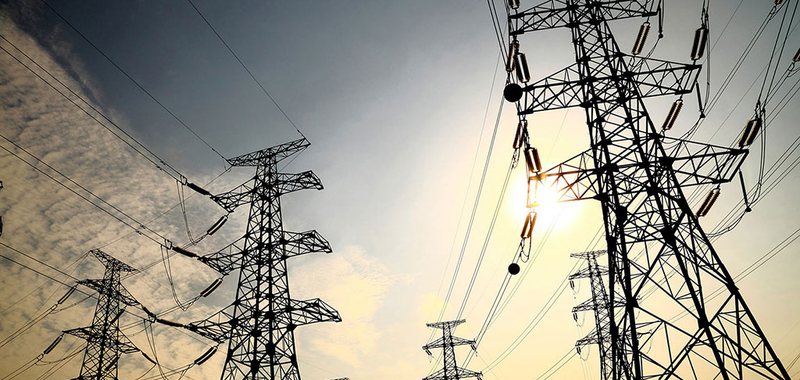
Energy losses in the network will be reduced below 12% - Government objective for the 4-year period: We rely on new measurement technologies
The government aims to reduce energy losses in distribution to less than 12% within 4 years. The government program 2025-2029 states that this result will be......

Greece, 1 billion euro increase in household deposits - Gross wealth per capita estimated at 33,190 euros for 2024
Monthly net flows in August into Greek households' deposit accounts with banks are estimated at 1 billion euros, with their balance standing at 151.3 billion......








